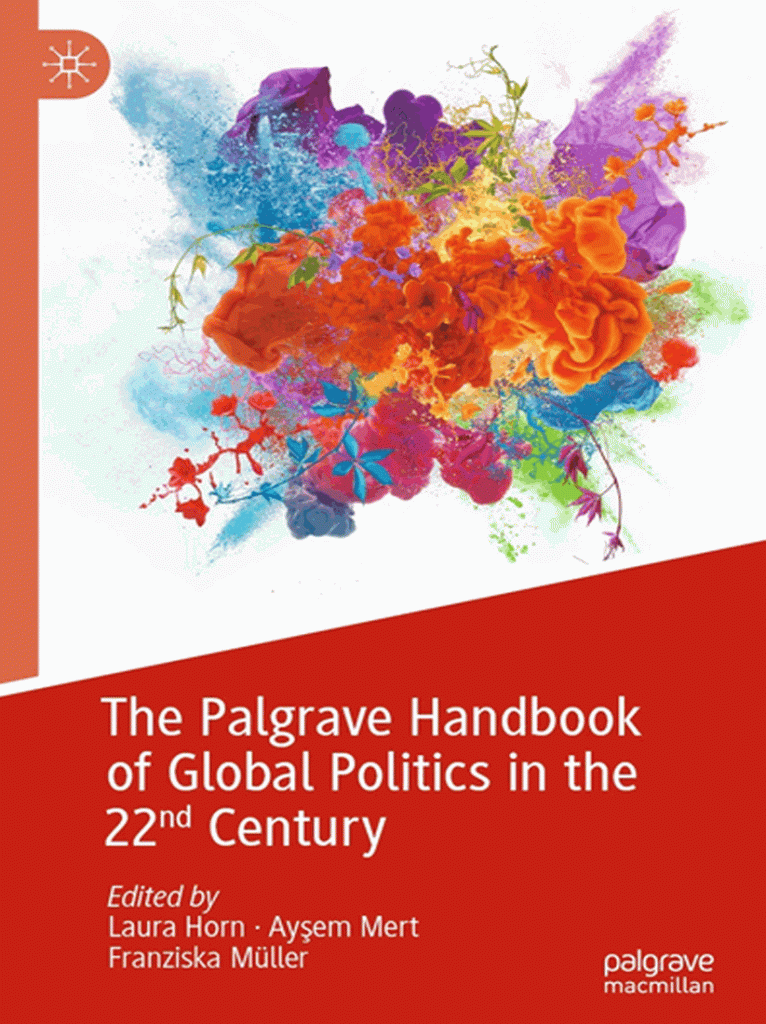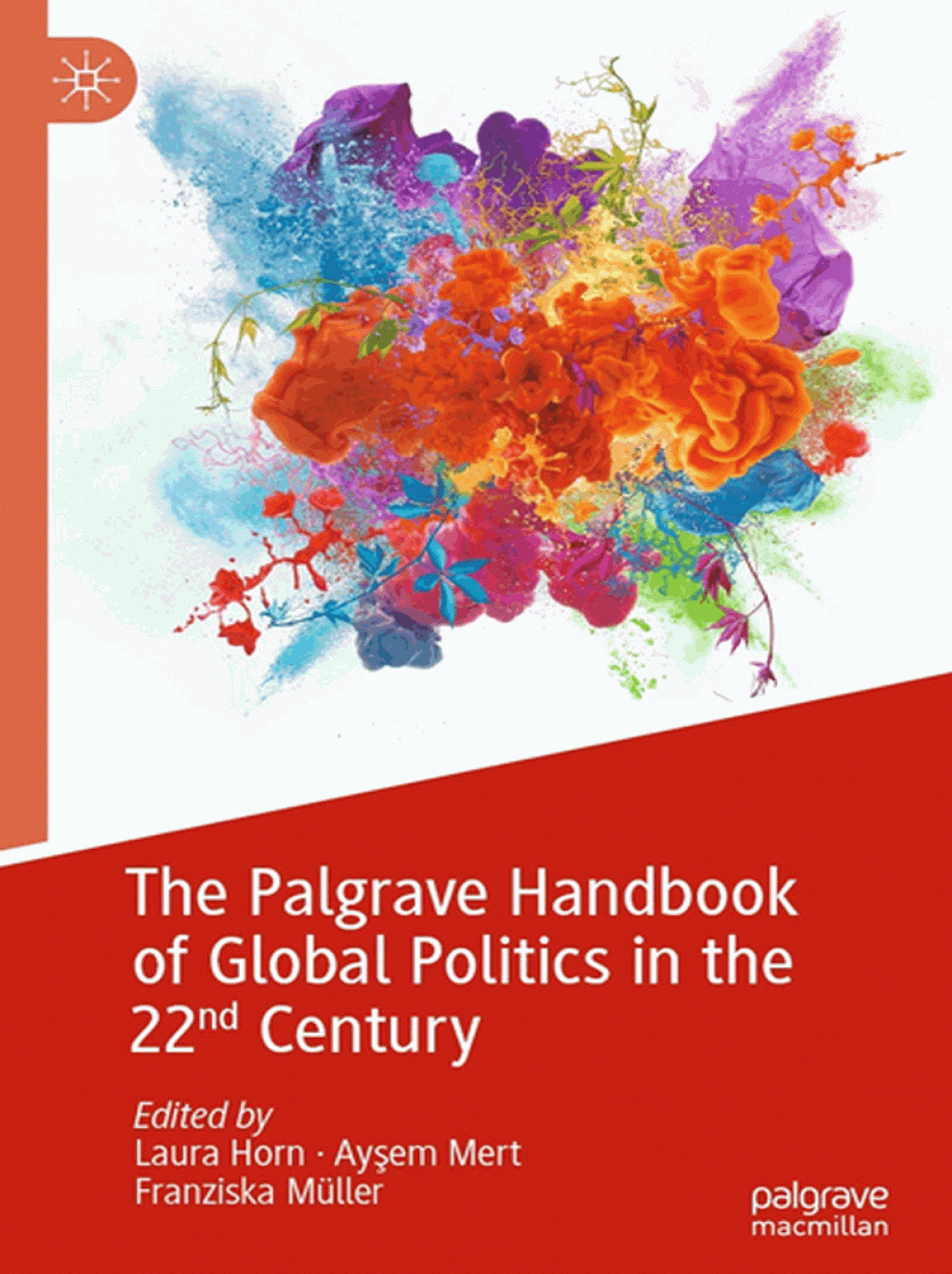The Global Political Economics of Hydrogen
Author: John Szabo
In: Horn, L., Mert, A., Müller, F. (eds) The Palgrave Handbook of Global Politics in the 22nd Century. Palgrave Macmillan, Cham.
DOI: https://doi.org/10.1007/978-3-031-13722-8_14
Abstract
The role of hydrogen in the global energy system increased over the course of the twenty-first century as global society pursued decarbonisation. Scholars theorised hydrogen-based social relations, which they initially presumed to be oil-like, but approaches gradually reflected the dual international political economics of the fuel: international trade-based and supportive of self-sufficiency. This chapter provides a brief overview of the theoretical frameworks that emerged over the course of the past century, broadening from the realist-liberal divide to energy mercantilism, constructivism, critical theory, the Interaction School, and liberal realism. It also demonstrates and explores how fossil fuel interests, policymakers, and politicians managed the expectations many had towards this energy carrier. They built substantial hype for the fuel in numerous waves, despite a number of influential experts questioning the necessity of its uptake. And, indeed, its role remained limited in the overall energy mix. Thus, this chapter introduces what is widely held to be the first post-modern energy carrier.




